Search Results
81 records found
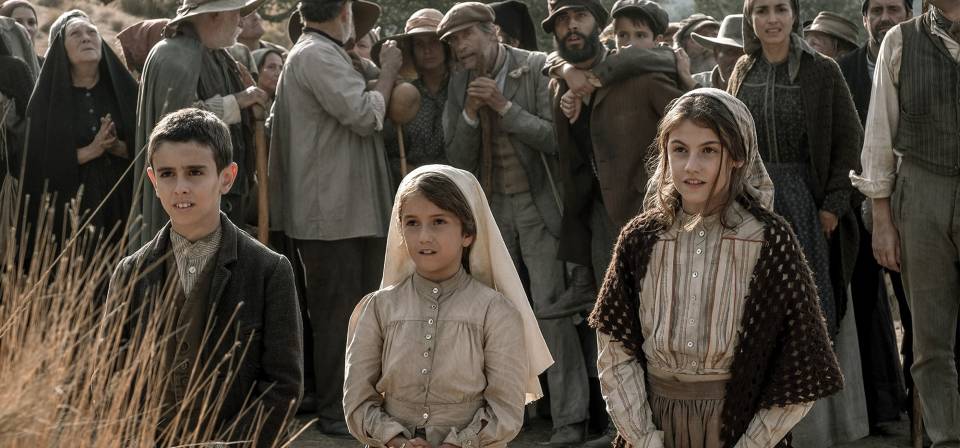
Fátima (2020)
Marco Pontecorvo’s Fátima is the first screen version of the Marian apparitions at Fátima and the “Miracle of the Sun” I’ve seen that feels like the characters are living through the story’s events in the present tense.
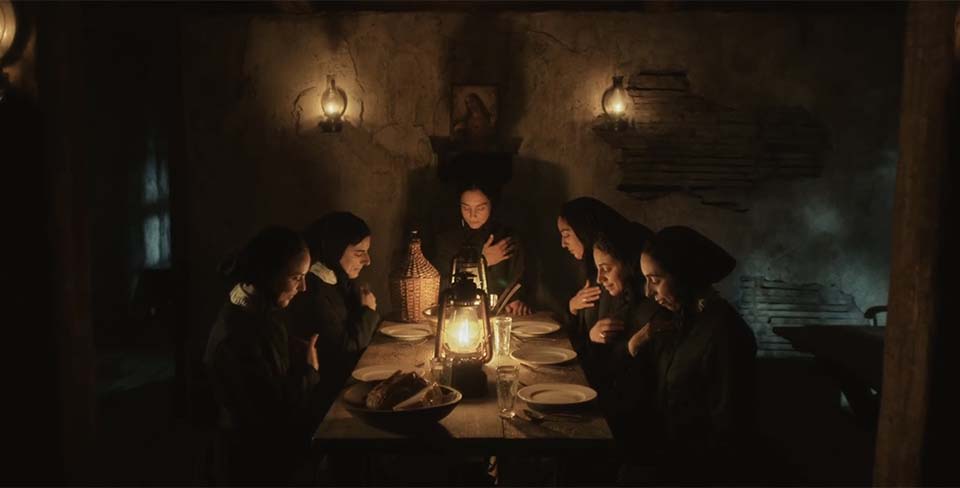
The face of God in Cabrini
Does the movie “secularize a saint”? Reckoning with the curious dearth of God talk and overt religiosity in this faith-based biopic about the founder of a religious community
The Face [Jesus in Art] (2001)
The Face, a remarkable two-hour documentary produced in conjunction with the Catholic Communication Campaign, is a visually sumptuous and spiritually rewarding exploration of Christian art that surveys the history of how Jesus Christ has been portrayed, and how Christian teaching has been understood, interpreted, and given different emphases by the art of different times and places.
Facing the Giants (2006)
With fans of its two genres, especially in the Bible Belt, Facing the Giants will doubtless be a success. To reach a broader audience, though, the filmmakers will have to scrap their playbook and learn a whole new set of rules.
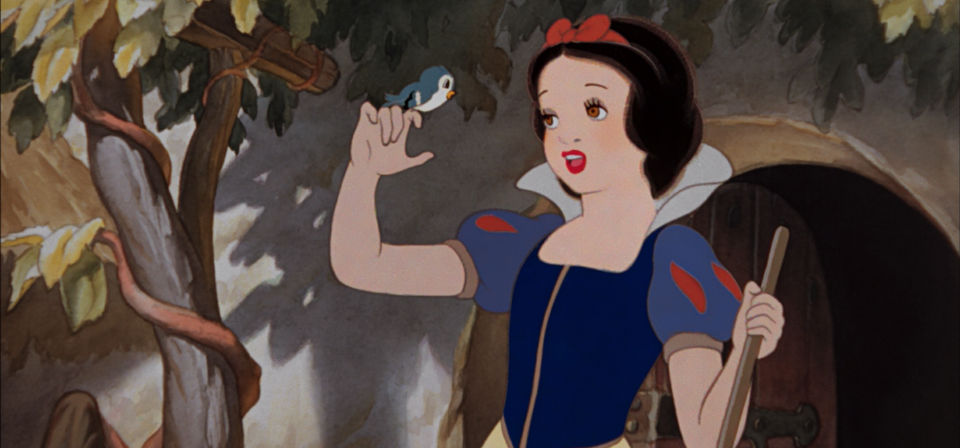
The fairest of them all
23 years ago I had the privilege of catching Walt Disney’s Snow White and the Seven Dwarfs in theatrical re-release. At the time I was acutely aware what a privilege it was, because about five years earlier, in a history of animation class at the School of Visual Arts, I had written a research paper about that very film, and in those days there was no easy way for me to actually watch the film I was writing about!
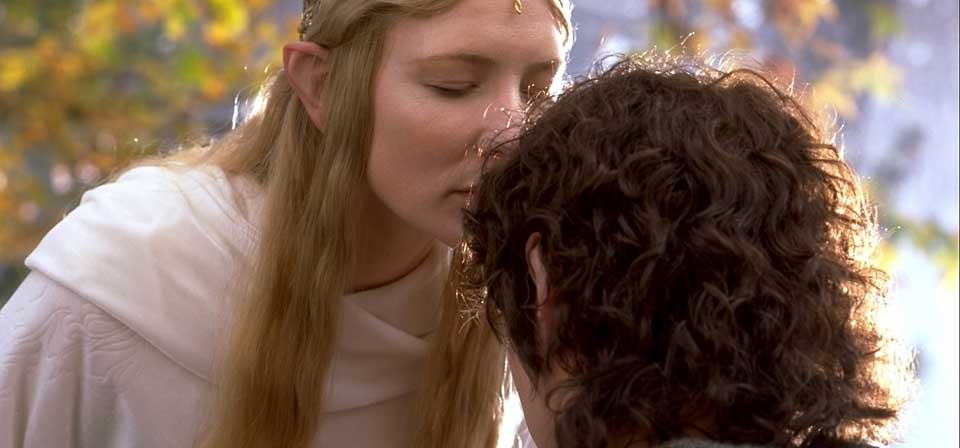
Faith and fantasy: Tolkien the Catholic, The Lord of the Rings, and Peter Jackson’s film trilogy
J. R. R. Tolkien once described his epic masterpiece The Lord of the Rings as "a fundamentally religious and Catholic work." Yet nowhere in its pages is there any mention of religion, let alone of the Catholic Church, Christ, or even God. Tolkien’s hobbits have no religious practices or cult; of prayer, sacrifice, or corporate worship there is no sign.
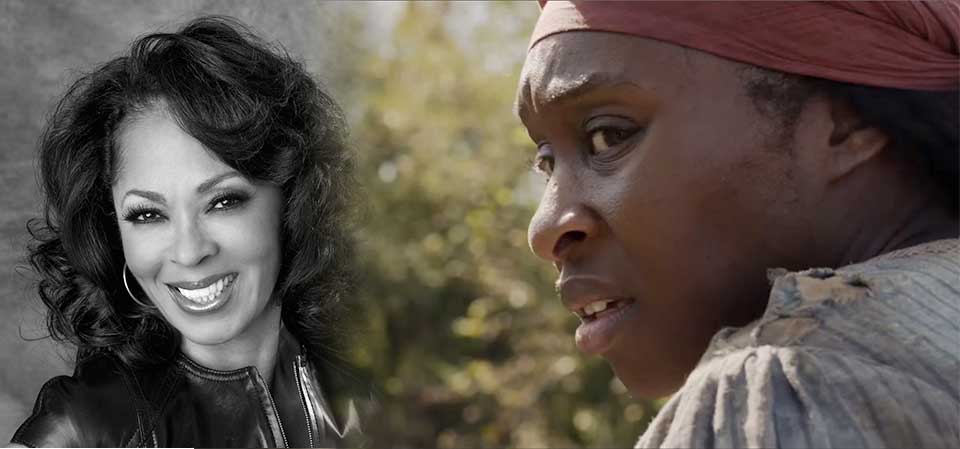
Faith and Ferocity: Interview With Harriet Producer Debra Martin Chase
Harriet’s appeal is multifaceted, appealing to three demographics underserved by mainstream Hollywood fare: women, people of color and people of faith. Producer Debra Martin Chase knows something about these three demographics.
Faith and Film Criticism: The Challenge of the Catholic Critic
No critic can offer a one-size-fits-all approach for all committed Christians. I can’t, and have never tried to, tell anyone what to think or watch, or make definitive pronouncements about good or bad movies. I’m not the Pope; I’m not even the pope of movies. There is no pope of movies. Even the Pope isn’t the pope of movies.
Faith and Film in the Post-Passion Era
Constantine might sound like the latest entry in Hollywood’s string of violent costume dramas (Alexander, Troy, King Arthur), but it’s not actually about the Roman emperor who was the subject of such religious films as Constantine and the Cross. In this film, instead of a sign in the sky, the cross is a weapon in the ero’s hands. Starring Keanu Reeves, Constantine is a sort of a cross between Hellboy and The Exorcist with some Matrix attitude thrown in, a violent R-rated action-thriller of the supernatural based on the DC/Vertigo comic book Hellblazer, about a cynical demon-hunter antihero who’s literally been to hell and back. Though he knows that what God expects is belief, self-sacrifice, and repentance, he is futilely trying to earn his way into God’s good graces.
Family Films Move Forward in 2008
Wall‑E is more than another confirmation of Pixar’s moviemaking virtuosity and magic touch with family audiences. It’s the crown jewel in a year that had in some respects had a bit more to offer family audiences from Hollywood than other recent years.
"Family is a force of humanity"
Actually, Spin, adapted by the younger Redford from Donald Everett Axinn’s debut novel of the same name, is an intimate coming-of-age drama set in 1950s small-town Arizona. Starring Ryan Merriman, Stanley Tucci, Dana Delany, and Paula Garcés, it tells the story of an orphan named Eddie (Merriman) whose parents were killed in a flying accident, and who was left by his uncle (Tucci) to be raised by a Mexican employee (Rubén Blades) and his Anglo wife (Delany), a schoolteacher.
The Family Man (2000)
If it were only predictable, syrupy, and overlong, The Family Man might still be worth watching for the appealing performances from Leoni and Cage. Alas, its problems are more deep-rooted than that.
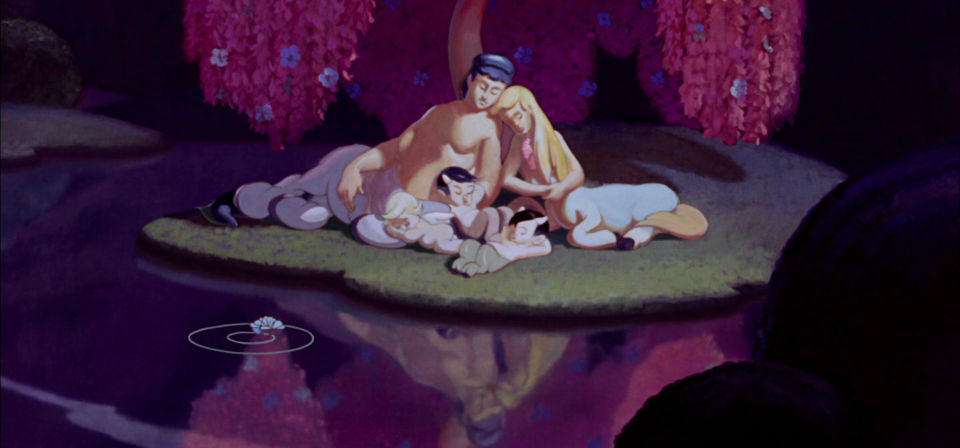
Fantasia (1940)
If Fantasia failed to spark a hoped-for entertainment revolution, its achievement is all the more starkly singular. A joyous experiment in pure animation, an ambitious work of imaginative power, a showcase of cutting-edge technique, and a celebration of great music, it is without precedent and without rival. I’ve watched it far too many times to count, and I have yet to begin tiring of it.
Fantasia and Fantasia 2000: Revisiting the Sistine Chapel of Disney Animation
(Newly available on Blu-ray/DVD) Rather than a static motion picture, Fantasia was originally conceived as a repertoire, a selection of presentations that over time could be augmented by new pieces while old ones were retired, like an orchestra rotating its concert lineup … Ten years ago, amid the wreckage at the end of the 1990s Disney Renaissance, the Disney studio marked Fantasia’s 60th anniversary with Fantasia 2000, a film intended to honor in a way the original repertory conception of Fantasia.
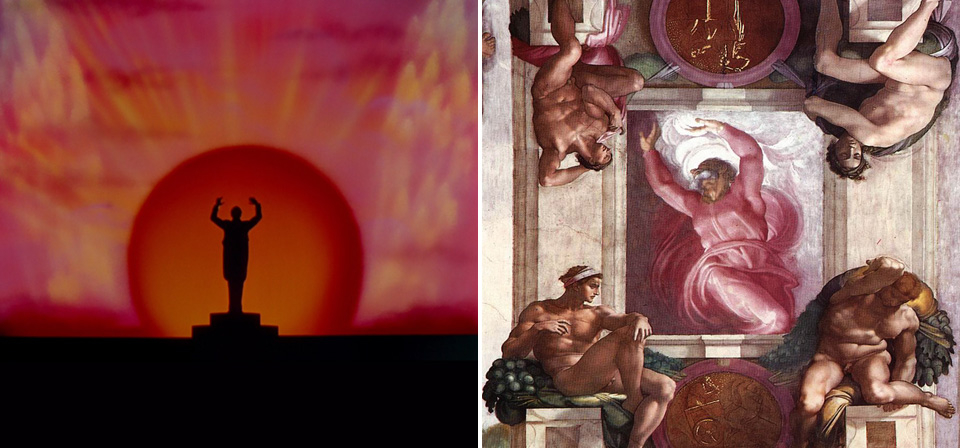
Fantasia: The Sistine Chapel of Disney animation
Among a few Disney films deserving of the title “masterpiece,” Fantasia remains a unique achievement.
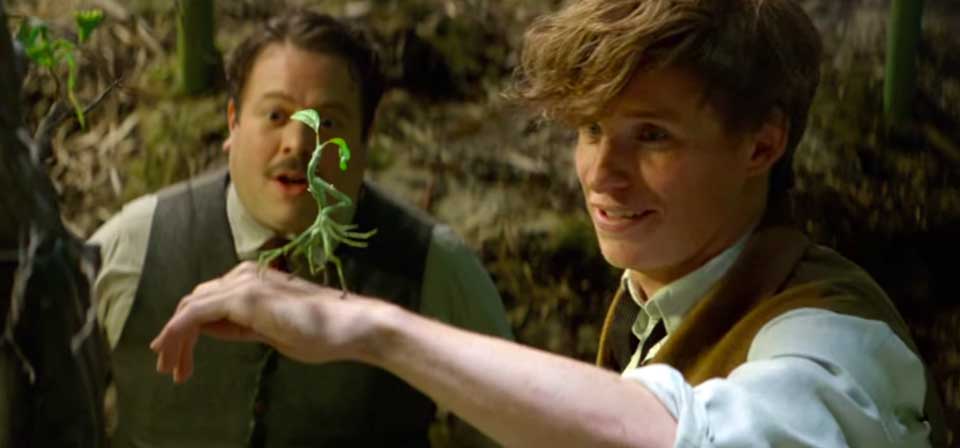
Fantastic Beasts and Where to Find Them (2016)
The fact is, moving from the Harry Potter films to Fantastic Beasts feels a bit like moving from the original Star Wars trilogy to the Star Wars prequels.
![Fantastic Beasts and Where to Find Them [video]](/uploads/articles/fantastic-beasts.jpeg)
Fantastic Beasts and Where to Find Them [video] (2016)
It’s the Star Wars prequels for Harry Potter. Actually, it made me wish I was watching Doctor Strange again.
![Fantastic Beasts: The Crimes of Grindelwald [video]](/uploads/articles/fantasticbeasts2-vid.jpg)
Fantastic Beasts: The Crimes of Grindelwald [video] (2018)
I swear I am not making any of this up. What else can I say?
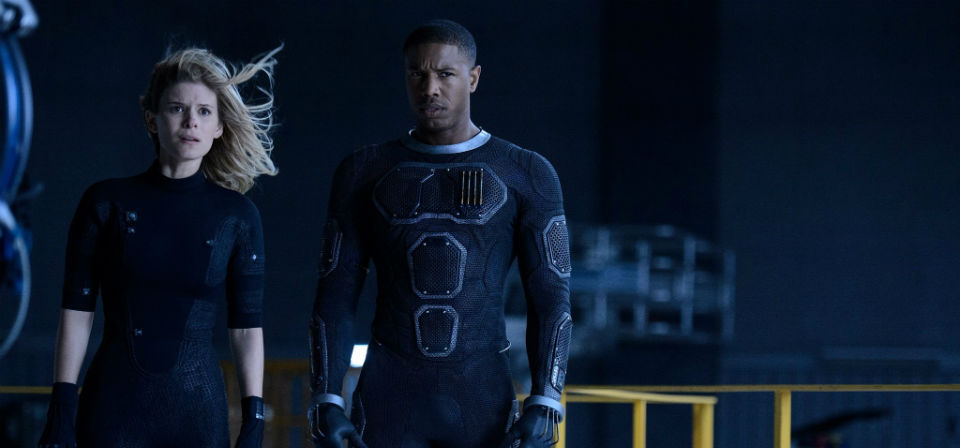
Fantastic Four (2015)
The negative buzz around the new Fantastic Four is so radioactive you could almost expect to develop superpowers just by reading about it. Ah, but that’s old-fashioned talk. In the 1960s radioactivity was mysterious and eldritch, capable of producing all manner of hulks and spider-men and what have you. In the 1950s you could even get godzillas.
Fantastic Four (2005)
How bad is Fantastic Four? So bad that in desperation execs have resorted to trying to spin it as a "funny family action film," as one studio rep put it. It’s the Kangaroo Jack strategy: When your dumb, trashy film clearly isn’t good enough for adolescents, let alone adults, reposition it as a kiddie flick. It’s an insult to family audiences. Our kids deserve better than Hollywood’s garbage.
Recent
- Crisis of meaning, part 3: What lies beyond the Spider-Verse?
- Crisis of meaning, part 2: The lie at the end of the MCU multiverse
- Crisis of Meaning on Infinite Earths, part 1: The multiverse and superhero movies
- Two things I wish George Miller had done differently in Furiosa: A Mad Max Saga
- Furiosa tells the story of a world (almost) without hope
Home Video
Copyright © 2000– Steven D. Greydanus. All rights reserved.